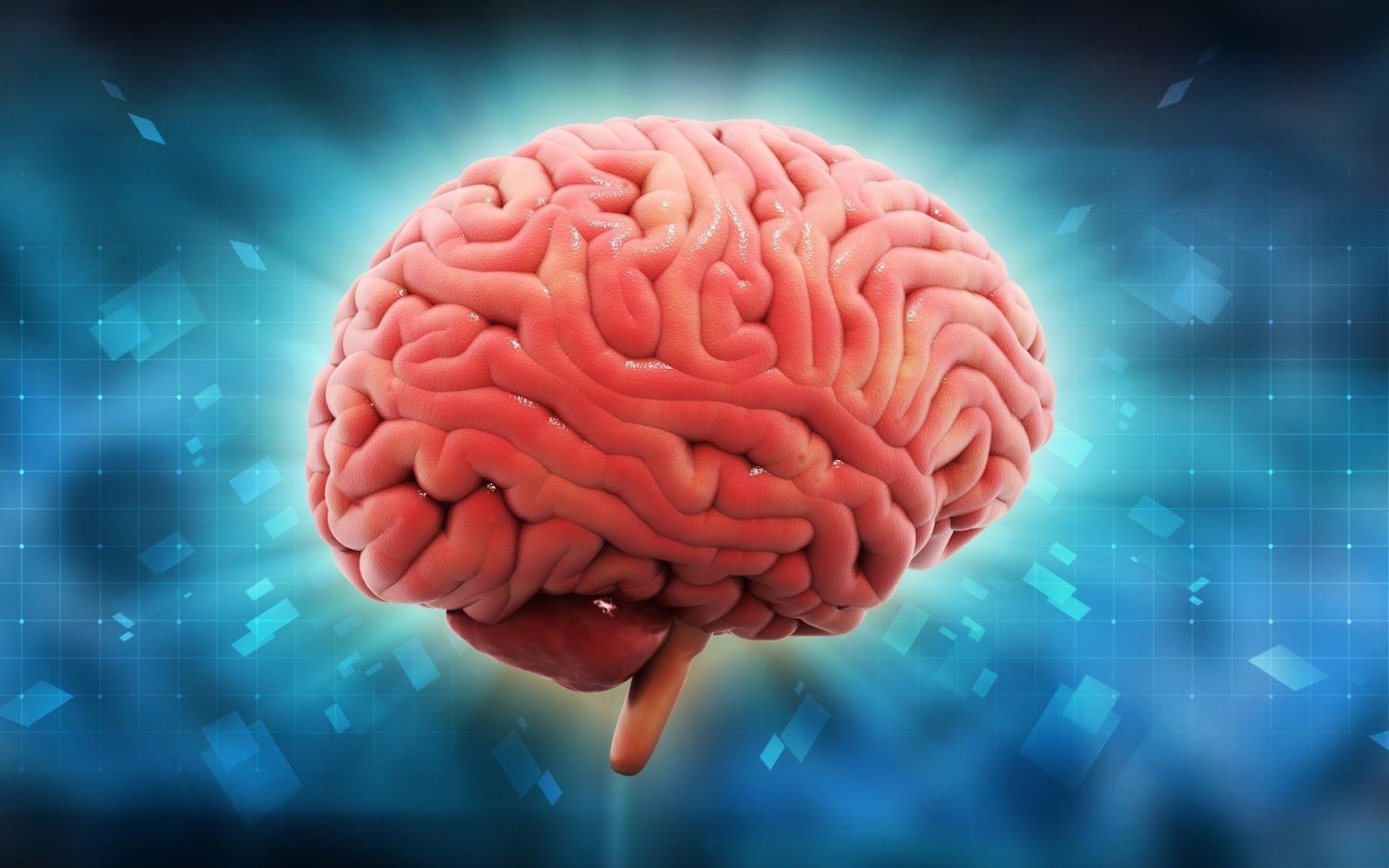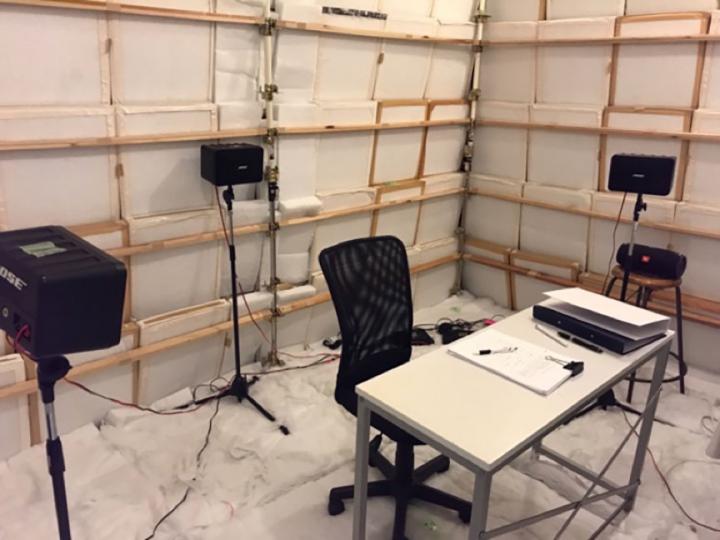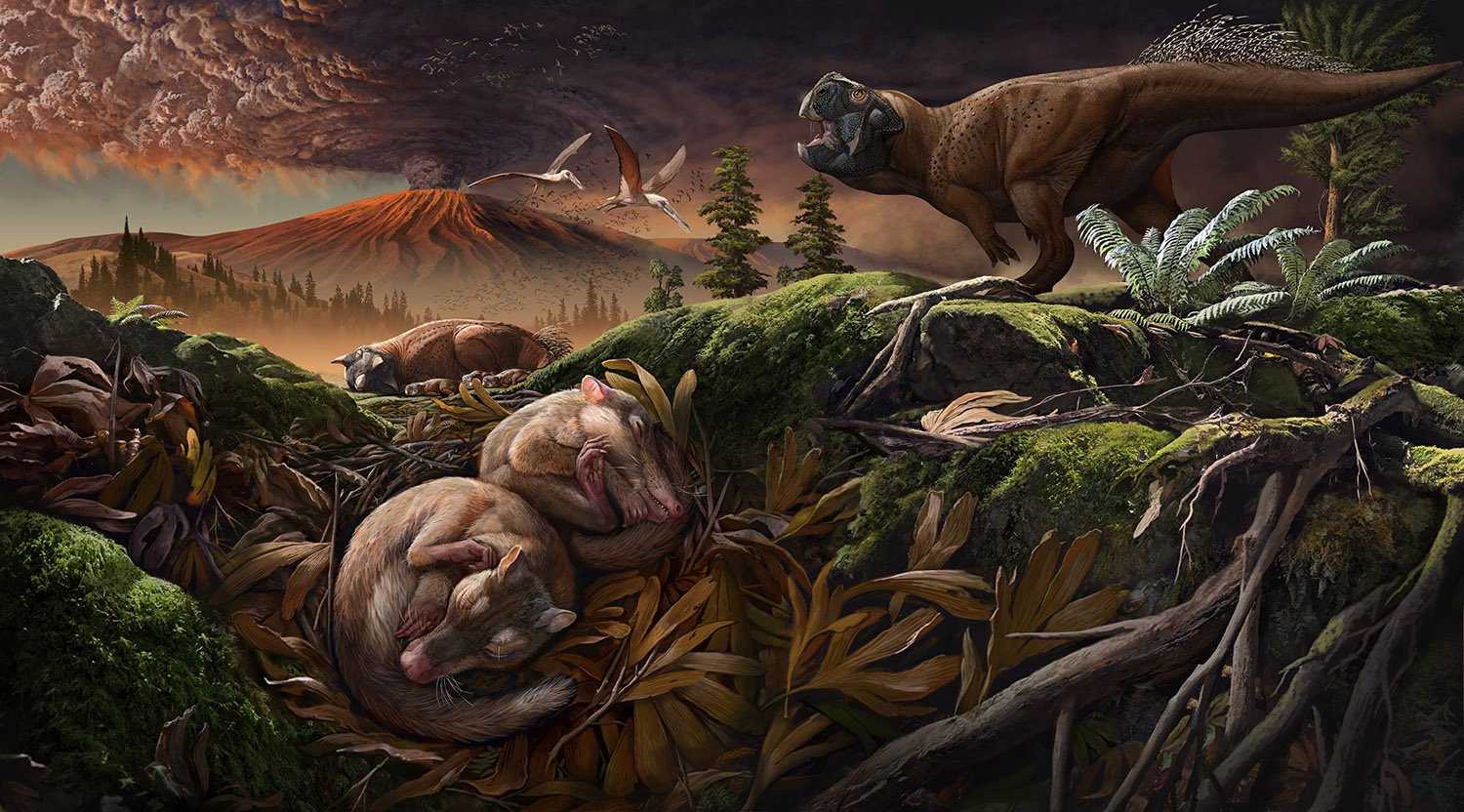Whales stop being socialites when boats are about
The noise and presence of boats can harm humpback whales’ ability to communicate and socialise, in some cases reducing their communication range by a factor of four. The discovery was made by Dr Rebecca Dunlop from The University of Queensland’s Cetacean Ecology and Acoustics Laboratory, who monitored the acoustics and social behaviour of humpback whales … Read more









